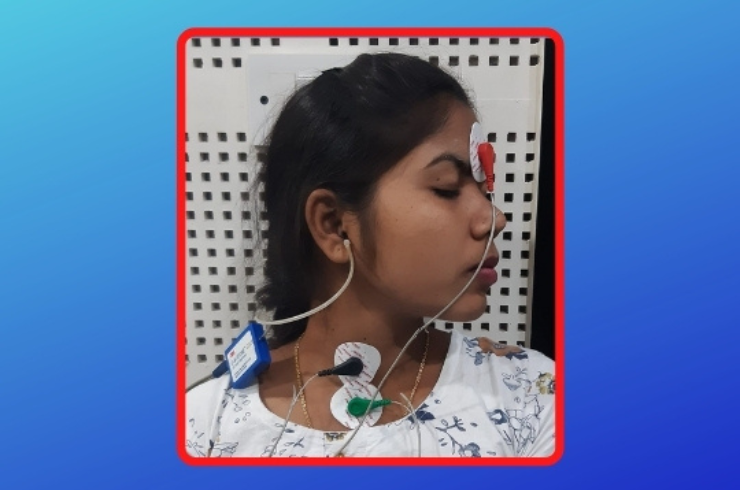
The Vestibular Evoked Myogenic Potential (VEMP) test is a diagnostic tool used to assess the function of the vestibular system, which is responsible for maintaining balance and spatial orientation. This test measures the reflexive muscle contractions in response to loud sounds or vibration, which are triggered by the vestibular organs in the inner ear.
VEMP is a neurophysiological test that evaluates the response of muscles to stimuli. It specifically targets the vestibular system, which includes structures in the inner ear that detect changes in head position and motion. The test focuses on the otolith organs (the utricle and saccule), which are part of the vestibular system and respond to sound and vibration.
In a VEMP test, the muscles (typically the sternocleidomastoid muscle in the neck) contract in response to a sound stimulus, and the response is recorded through electrodes placed on the skin. The VEMP test helps in diagnosing conditions related to balance disorders, as well as assessing the function of the vestibular system.
The VEMP test is typically used to evaluate disorders of the vestibular system, such as:
The VEMP test is a valuable diagnostic tool in the assessment of balance disorders and vestibular system function. By measuring the response of muscles to sound stimuli, it helps identify abnormalities in the inner ear and the balance mechanisms of the body. If you are experiencing dizziness, vertigo, or balance issues, the VEMP test may be recommended to evaluate the vestibular system’s health and guide appropriate treatment.
Schedule your consultation today and start your journey to better health!